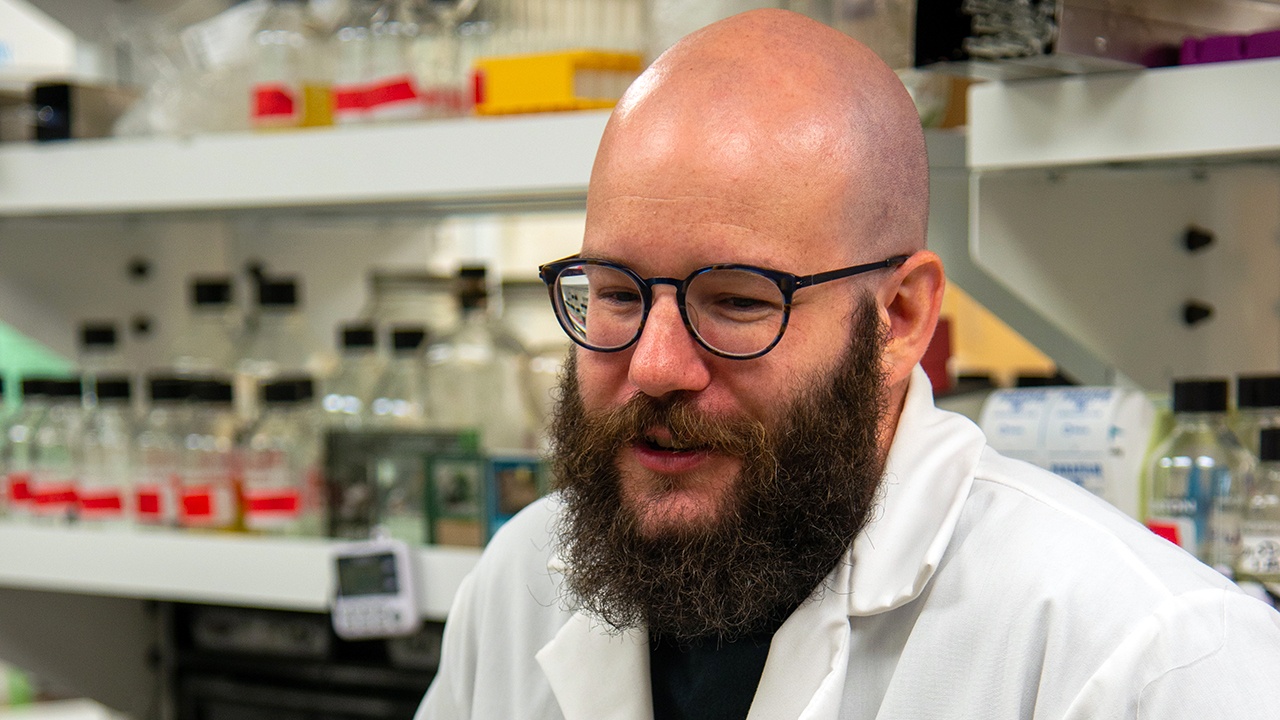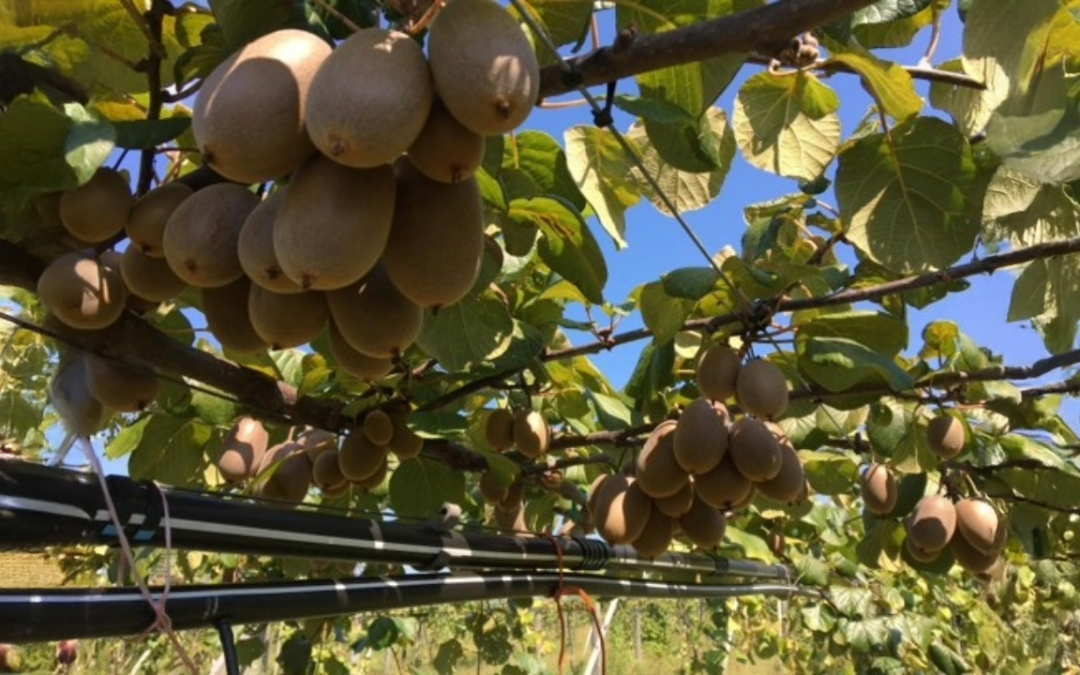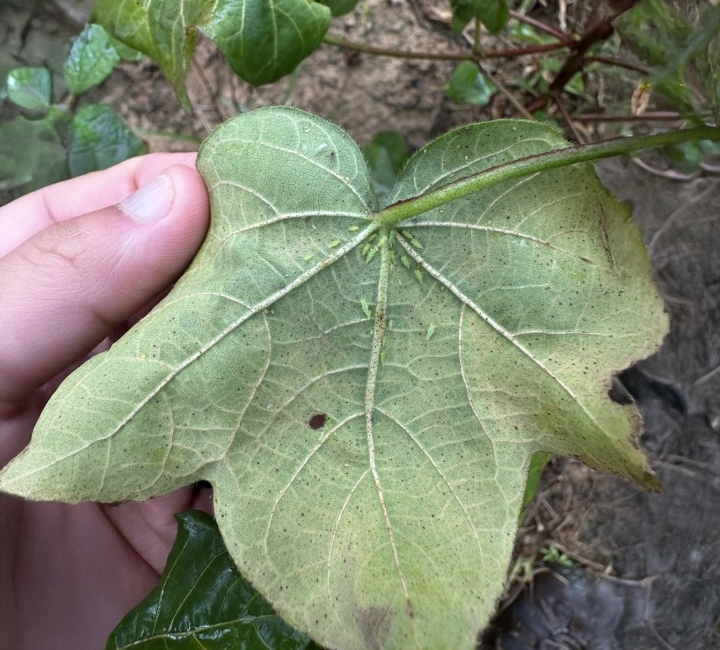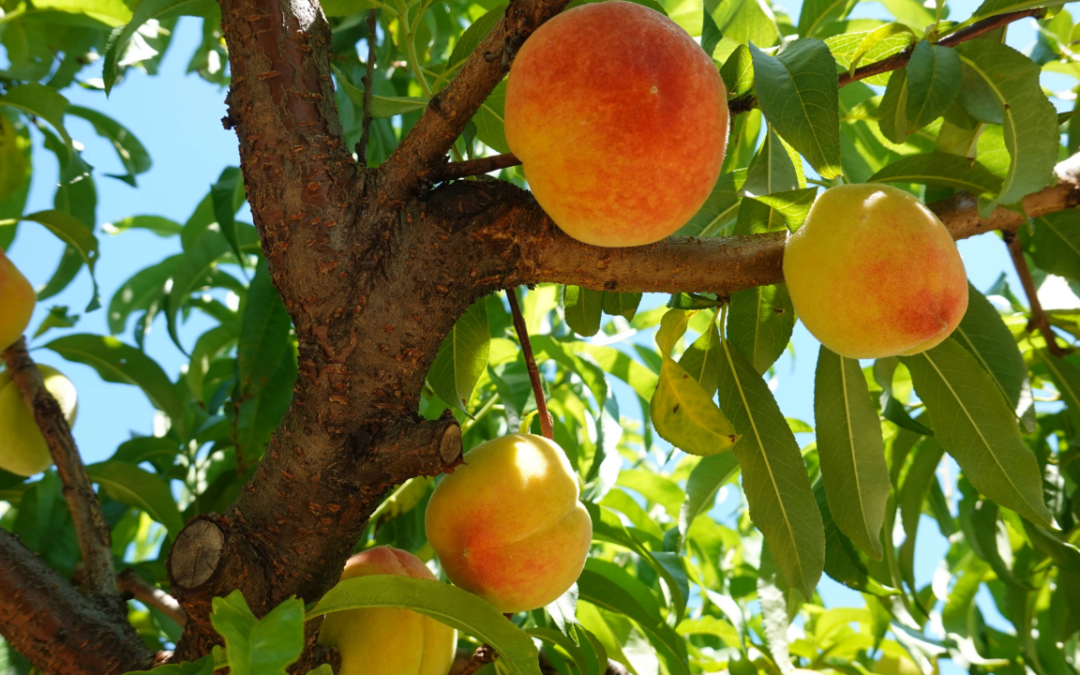By Paul Hollis / Jul 30, 2020 9:01:15 AM
John Beckmann, assistant professor in the College of Agriculture’s Department of Entomology and Plant Pathology, has been awarded $868,145 by the state of Alabama to develop a lightweight material that blocks mosquito bites while retaining coolness in hot weather.
Beckmann was one of only three Auburn University professors whose research projects received a combined $1.31 million award through a new program administered by the Alabama Department of Economic and Community Affairs, or ADECA. The state-funded program was created in 2019 under the Alabama Innovation Act.
“This is a very humbling experience, and I am honored to be considered,” Beckmann said. “I’m kind of shocked. Honestly, a part of me still thinks this was a crackpot idea, and the other part of me thinks this is the best idea I’ve ever had in my life.
“People have vouched for me over my career, and I feel proud to pay those people back. But mostly, I have just sheer awe and hope for the future of the project. I am honored and hopeful to give back to the community that took a gamble on me.”
Describing his research project in simple terms, Beckmann said to think, “Under Armour that blocks mosquito bites.”
“Normal clothes don’t block mosquito bites,” Beckmann said. “When someone says, ‘Wear long sleeves,’ that actually doesn’t protect you. We found a textile that blocks mosquito bites and is relatively comfortable.
“The issue is that it is not supremely comfortable. So this project is taking what works and making it comfortable in heat, while hopefully retaining its ability to block bites.”
Beckmann’s project began when he was searching for applied research that would be useful specifically for the state of Alabama.
He created an ideas competition along with the three students in his lab, promising to pay $100 to anyone who had the best idea according to three criteria: It had to be a quickly testable idea; it had to have the ability to generate money; and it had to be useful for Alabama.
“I generated my ideas by walking around in the backyard in circles and combining the word ‘bug’ with secondary words,” Beckmann said. “This is a creativity trick to generate new veins of thought. I thought, ‘clothes to block bug bites!’ Then my lab and I got together, and we voted on the best idea. My idea won, so I got to keep my $100.”
In vetting the idea, Beckmann said he remembered a time when he went camping in northern Minnesota.
“I went to the store and bought a popular-brand long-sleeved shirt, thinking it would block me from sunburn and insects,” he said. “When I got there, I got eaten alive by deer flies that have razor mouthpieces that slash your skin. They slashed right through the shirt. I remember how painful that trip was — fishing on the lakes and being eaten alive.
“Recalling this experience instantly made me realize how valid this idea was. If I wanted something like this, everyone else would as well. That’s the Steve Jobs ethos.”
Beckmann and his students tested clothes that claim to block bug bites by covering their arms with the clothing and placing them in a cage full of mosquitos.
“It turns out there aren’t any clothes that actually work,” he said. “Even the companies that advertise as such literally do not work. The only way to block them is to wear multiple layers or thick clothing, which is impossible in Alabama.”
Beckmann spent a year generating significant preliminary data, collaborating with a roboticist from Carnegie Mellon, Jim McCann, who programs knitting robots. This resulted in a knit that will block mosquito bites. Beckmann then contacted Troy Brady from the Auburn University Office of Innovation Advancement and Commercialization and was encouraged to apply for the DECA grant.
“The unique thing about this grant was that it is for research that has the potential to improve Alabama’s economy,” he said. “So my project was a perfect fit to what they wanted. The grant is intended for two years, but we’re hopeful it can be extended.”
Beckmann — who has degrees in art and physiology from the University of Minnesota, in addition to a doctorate in entomology — has focused his research exclusively on mosquito sterilization systems, though now it is expanding.
In addition to teaching three courses at Auburn, Beckmann also is a continuing education undergraduate student in computer science.





